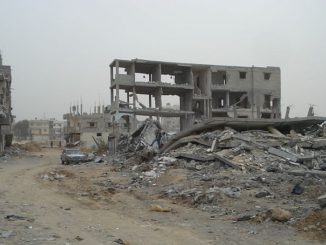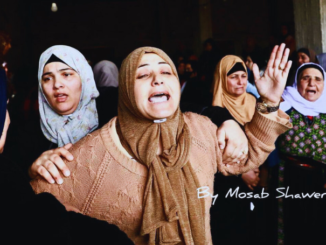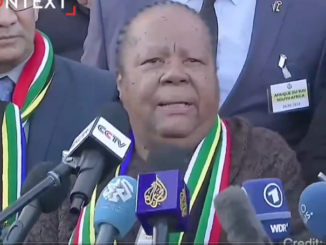
The Palestinian embassy in Malaysia denied allegations that members of its intelligence service were involved in the assassination of Palestinian scholar Fadi al-Batsh in Kuala Lumpur last month.
Al-Batsh, 35, was shot by two assailants as he was heading to a mosque for dawn prayers in the Setapak district of the capital, police said.
In a press statement released on Sunday, the embassy blamed “suspicious entities” who “forged a letter” using the ambassador’s name and sending it to Palestinian Authority President Mahmoud Abbas.
The Palestinian embassy in Malaysia denies allegations of the involvement of members of its intelligence service in the assassination of Palestinian scholar Fadi al-Batsh in Kuala Lumpur last month #NoGags #HumanRights pic.twitter.com/xO9h42FJyC
— No Gags (@no_gags) May 7, 2018
“The embassy confirms that all of the information included in the letter is fake and baseless, and has no knowledge of it,” the statement read.
Palestinian activists had previously shared a letter on social media, written by Palestinian Ambassador to Malaysia, Anwar al-Agha to Abbas.
The letter detailed the alleged interactions of Ahmad Buheis, the head of the Palestinian intelligence branch in Malaysia, with an adviser to the head of PA intelligence in Ramallah, General Bahaa Baalousha.
#Palestinian Embassy in #KualaLumpur said it is following up w #Malaysia authorities on the investigation behind the killing of Palestinian scientist Khaled Al-Batsh who was gunned down on his way to perform the dawn prayer in a mosque in Setapak pic.twitter.com/mlCnUAYZlm
— SaadAbedine (@SaadAbedine) April 21, 2018
Baalousha had allegedly asked Buheis back in February to gather information on al-Batsh, who was a member of Hamas, such as his address, the type of car he owned and places he frequented.
The letter went on to say that a month later, Baalousha contacted Buheis again and told him to make arrangements for two men and their wives who were coming to the Malaysian capital from Ramallah for a two-week holiday.
However, the two men (who had reached Malaysia with only one of the wives) left days after arriving on April 2, a couple of weeks before the assassination of al-Batsh.
Body of slain lecturer to depart Malaysia for Gaza tomorrow: Palestinian ambassador https://t.co/PVxpnTJ8q7 pic.twitter.com/1mWEuBZxng
— Channel NewsAsia (@ChannelNewsAsia) April 24, 2018
The letter goes on to say that Buheis’ contact in the Malaysian security force had reached out to him saying there was CCTV footage of a woman who looked like the wife of one of the men, walking in a “suspicious manner” in the area where al-Batsh was later assassinated.
Furthermore, the letter says that Buheis had forwarded a photograph he had taken with the two men to a colleague in Ramallah, and found out they had used fake names and worked in the same department as Baalousha.
The embassy’s statement called on people to “take extreme caution from these suspicious entities who are engaging in sabotage and attempts to create sedition.”
"An investigation has been opened but so far it is not clear what the motive is," head of police in Kuala Lumpur. Palestinian Ambassador to Malaysia: "Dr. Fadi Al-Batsh was supposed to travel today to a conference in Turkey.” #Hamas #Gaza #Mossad #Israel pic.twitter.com/kxaSlWeXAV
— MAK (@alkassimm) April 21, 2018
Malaysian police had released computer-generated images of the two suspects, believed to be from Europe or the Middle East.
(AJE, PC, Social Media)







